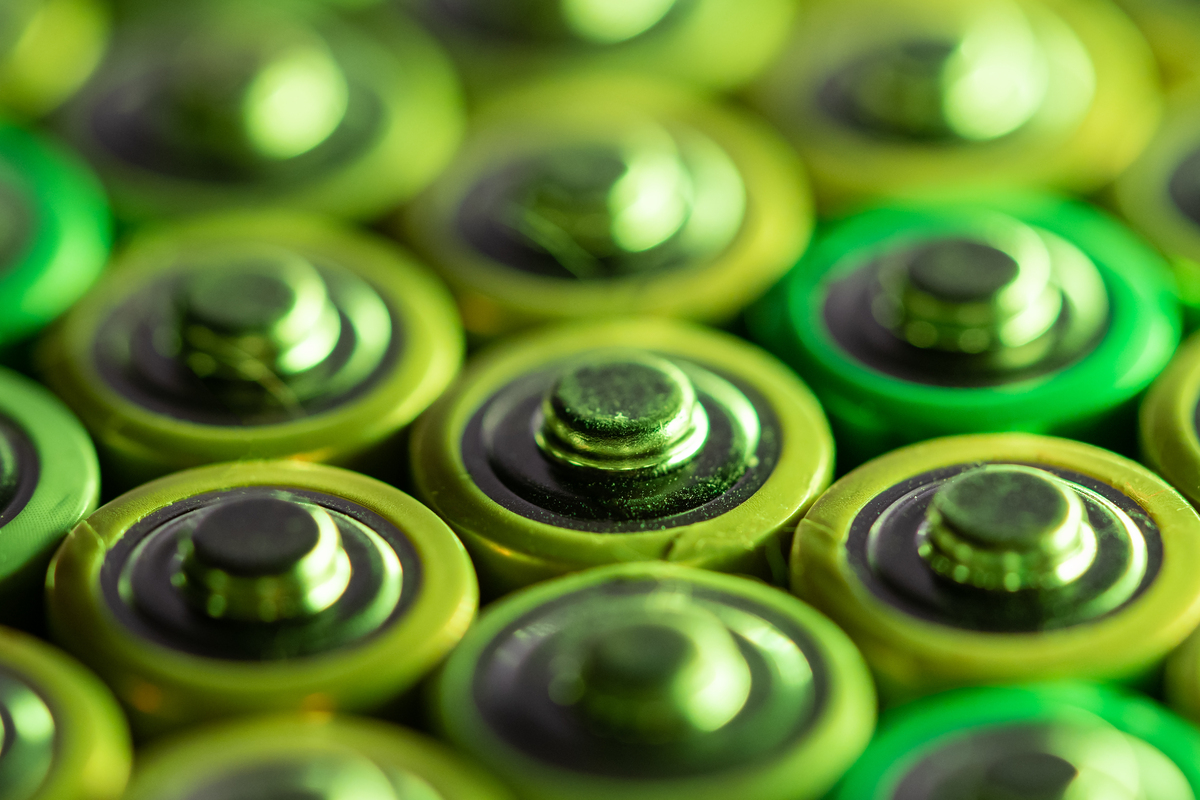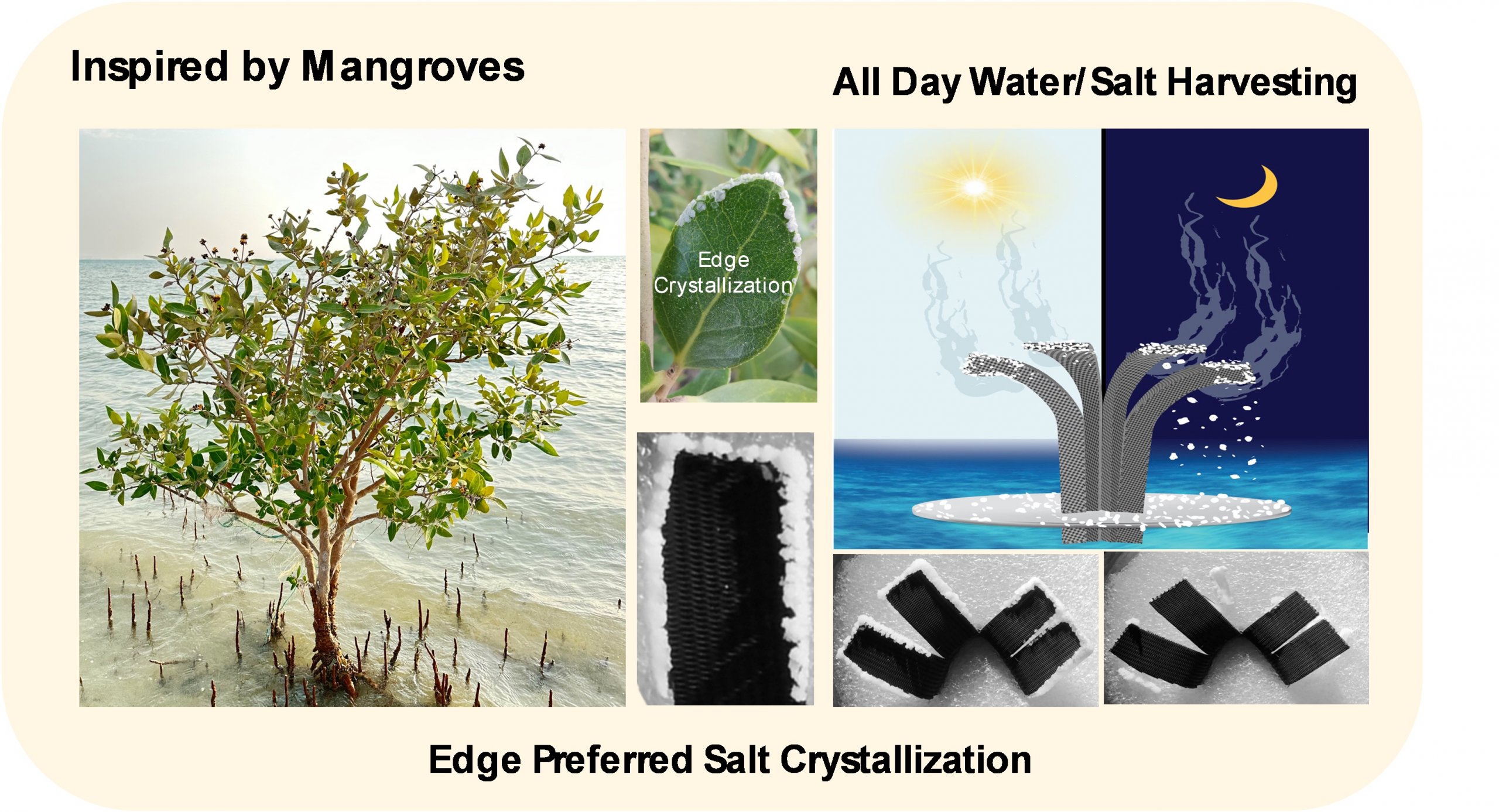
Research team makes objects invisible with metamaterial coatings that offer zero reflection with potential across a range of industries
We are one step closer to invisibility thanks to research conducted at Khalifa University that produced a new metamaterial that absorbs all light without any reflection. Beyond childhood dreams of invisibility cloaks and superpowers, objects offering zero reflection have a wide range of applications from enhancing solar cell efficiency to advancing optical sensing and quantum technologies.
Advancements in nanoscience have propelled the pursuit of materials with exceptional optical properties. Optical coatings employing multilayer dielectric films — where each layer passes a different wavelength of light and reflects all others — have made substantial strides in reducing light reflection to remarkably low levels. Now, a team of researchers including Khalifa University’s Prof. Fedor Kusmartsev has achieved perfectly dark metasurfaces by fine-tuning these multilayer structures using Rashba metamaterials.
Prof. Kusmartsev collaborated with researchers from Loughborough University, United Kingdom; Princess Nourah Bint Abdulrahman University, Saudi Arabia; and the Microsystem and Terahertz Research Center, China. Their results were published in Applied Materials and Interfaces.
To see the world around us, we see light reflect off objects. If no light reflected, we wouldn’t be able to see them. There are plenty of methods to fabricate antireflective coatings, but even the most advanced encounter limitations in their performance over a wide spectrum of wavelengths.
For example, combining thin dielectric films with metallic substrates can yield surfaces with low reflectivity, resilient to changes in the light’s angle of incidence. Integrating materials like graphene into optical structures can also significantly influence their reflective properties, but achieving zero reflection across a wide range of wavelengths remains challenging.
The research team focused on eliminating the reflection of an object using Rashba metamaterials: a type of composite material with unusual electromagnetic properties that are highly tunable and offer potential across a range of industries.
The research team produced trilayer structures of a substrate, a Rashba metamaterial insulating oxide layer and an ultrathin metallic nanofilm to achieve a perfectly dark metasurface. Their structures eliminate reflectivity by adjusting the metal nanofilm thickness with the effect observed across a range of metals.
The team believes this antireflective effect comes from the presence of surface states on the metal nanofilms, which become increasingly influential as the film’s thickness diminishes. Under specific conditions, these states can induce a transition from metallic to insulating behavior, fundamentally altering the nanofilm’s electronic properties.
“When the metal layer reaches a critical thickness, it effectively splits into two layers of conducting surface states with an insulating core in between,” Prof. Kusmartsev says. “This creates areas with a negative refractive index at the points where the metal and oxide layers meet, transforming the entire structure into a series of alternating nanoscale metal and insulating layers with strong local Rashba interactions.”
By fine-tuning the metal layer’s thickness, the research team achieved the effective refractive index of air, creating materials with zero reflectivity. This breakthrough has the potential to transform the field of antireflective materials and could improve solar cell efficiency or advance optical sensing and quantum technologies, for example.
“Our approach opens up avenues to achieve surfaces with zero reflectivity practically for any desired frequency range and any angle,” Prof. Kusmartsev says. “Our findings should facilitate new developments and advances in multiple sectors and industries working to minimize light reflection.”
Jade Sterling
Science Writer
11 March 2024






